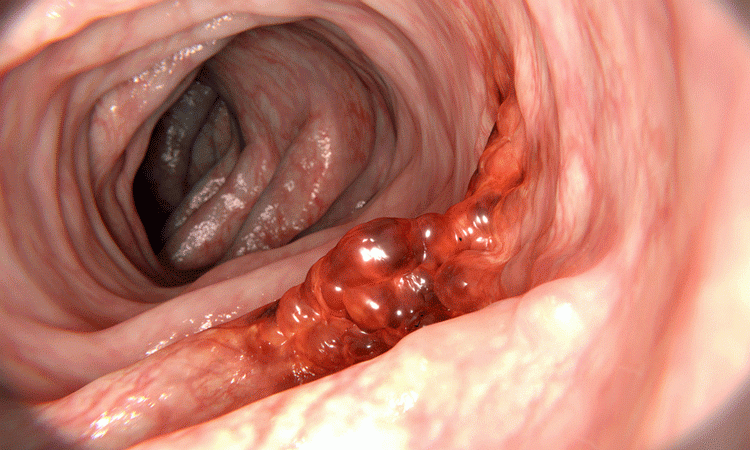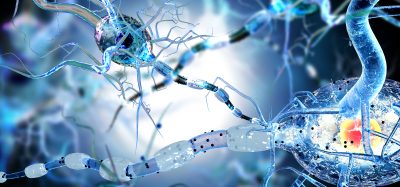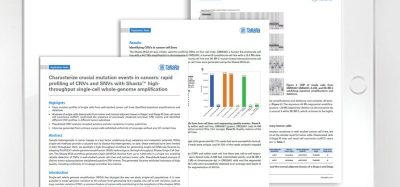New target for chronic inflammation in colorectal cancer
Posted: 13 July 2018 | Drug Target Review | No comments yet
IGF-1 activated by p38 may be a therapeutic target


Chronic inflammation is one of the main causes underlying the development of colorectal cancer. More than a million people are diagnosed annually, and treatments range from chemotherapy to surgery. A new mechanism that contributes to the development of inflammation-associated colorectal cancer, pointing to new therapeutic targets, has been reported.
The investigation used models of acute and chronic inflammation in genetically modified mice or in mice treated with pharmacological inhibitors.
Researcher Angel Nebreda at the Institute for Research in Biomedicine (IRB Barcelona) reports, “Our study demonstrates that the capacity of myeloid cells to enhance tumourigenesis is determined by protein p38. In particular, we have identified an important contribution of the hormone IGF-1, which is activated by p38 in myeloid cells”.
IGF-1 is a hormone similar to insulin and could be seen as a therapeutic target, in combination with a prior recognition of inflammation in biopsies in patients, and levels of IGF-1 associated with inflammation. This information may aid success in clinical trials, where currently inhibitors of p38 have a low success rate.
Successful p38 inhibition in mice myeloid cells protected the mice from inflammation-associated colorectal cancer.
“This protective effect is associated with a reduced production of chemokines, which are crucial for the recruitment of cells from the immune system”, explains Catrin Youssif, first author.
The team concluded the study with advice for those regarding therapy, “on the basis of our findings, we propose that decisions regarding therapy should take into consideration the inflammatory conditions and levels of IGF-1 in biopsies of patients with inflammatory intestinal diseases or colitis-associated cancer”.
This study has been published in EMBO Molecular Medicine.
Related topics
Biomarkers, Clinical Trials, Disease Research
Related conditions
Colorectal cancer
Related organisations
IRB Barcelona
Related people
Angel Nebreda, Catrin Youssif








